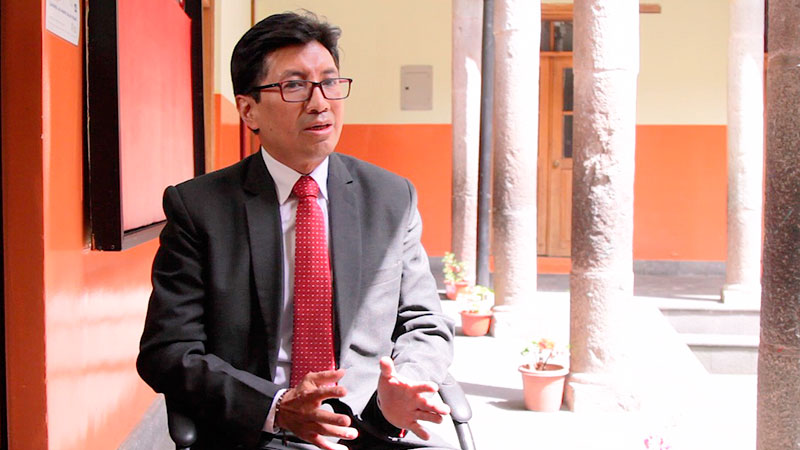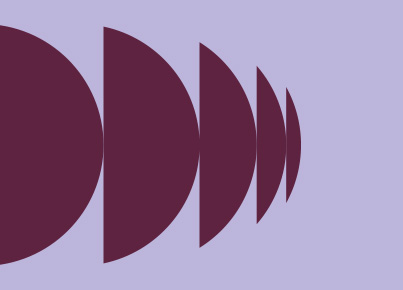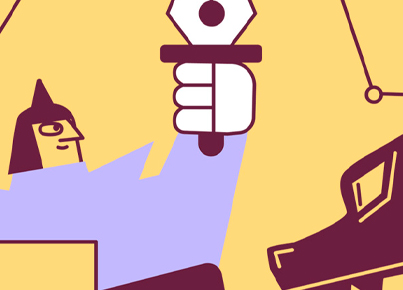Technological Innovation can positively improve the world

The school Fiscal Mercedes González, located in Quito, has an E-STEM-based educational approach that enables transversality in the development of science, technology, engineering, and mathematics skills. Its current proposal is to develop sustainability projects enhanced by technological innovation, thanks to the contributions of computational thinking and the advances in robotics. The school principal, Diego Caiza Guevara, was nominated for the Global Teacher Prize in 2021, and is among the 50 best teachers in the world designated by Varkey Foundation. Caiza emphasizes the importance of identifying the current problems affecting the planet in order to find solutions from the education field, strengthening in turn the methodological and curricular areas at school.

STEM is an educational approach that enables the development of the required skills for science, technology, engineering and mathematics in the 21st century. Today the youth are not passive entities and they take action to solve the problems that affect them directly (studies, society, work, environment). They make use of the media they have and manage, such as ICTs, social media, and digital citizenship, so as to interact and positively improve the world.

This includes an additional discipline, Ethics, as a transversal component to achieve integral education. Remember that students not only require academic learning but also they need to strengthen the values that will allow them to become principled professionals.

It is important to work on motivation to get the students’ attention, so what is learnt in the classroom can be meaningful and valuable. It is recommended to use active methodological strategies that enable students to be the center of their own learning apart from designing a product or prototype (solution) to real problems. For example, at the school we carry out projects with ecological and social goals that contribute to the creation of green spaces, Pet bottles recycling, and to creating Water and Forest Care Campaigns.

The central core of the projects is to use technology to solve classroom or community problems. They begin with a process of planning, organization, development and socialization of the activities that aim at preserving our natural life’s treasures (water, air, earth).
The main challenge of integrating computational thinking into sustainability projects is to break with the routine of monotonous classes that are disconnected from the children’s needs. Changing this reality requires vocation, motivation and teachers being trained and updated permanently. The process of continuous improvement is supported by the validation of projects that are presented at competitions and fairs outside the institution.
Society benefits greatly since the acquired skills enable students to develop projects that contribute solutions to real problems, such as environmental pollution (reforestation, vertical gardens), ocean care (reduction of plastic waste contaminating rivers, e.g. the Machangara River), basic actions such as using a cup of water while brushing your teeth or washing your car using a bucket and not a hose. The conscious citizens of tomorrow are the children of today (“Guardians of the Planet” is the name of the project that integrates computational thinking and sustainability).




